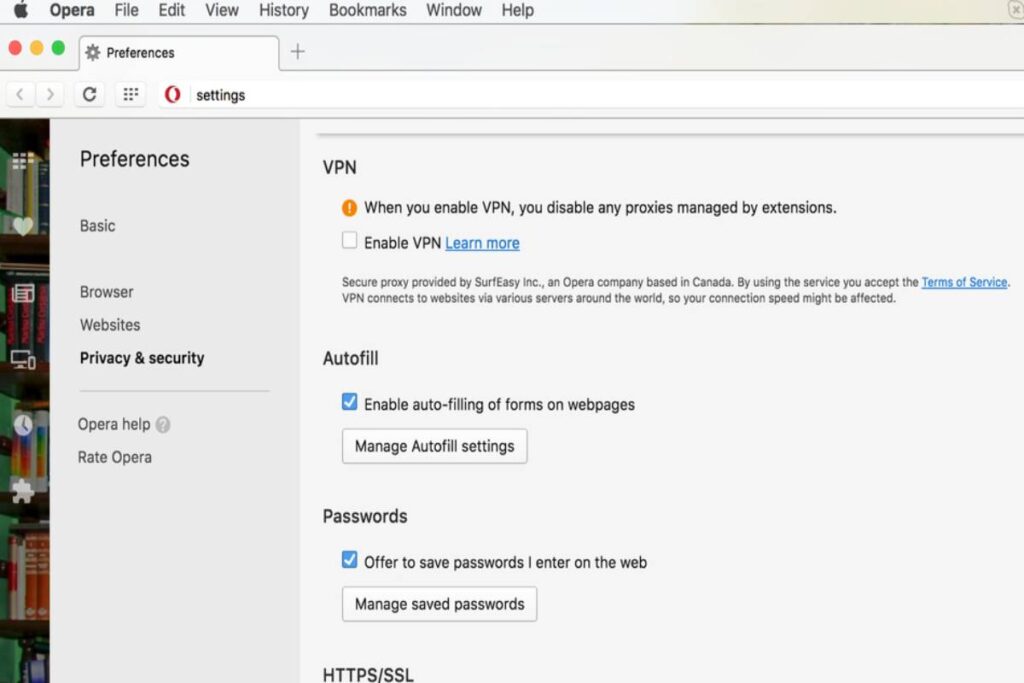Table of Contents
What is a VPN?
- A VPN stands for Virtual Private Network or virtual private network that, unlike other more cryptic computer words such as DNS or HTTP, gives us quite precise clues.
- To connect to the Internet, your mobile, PC, television, and other devices generally communicate with the router or modem.
- It connects your home with your Internet provider, either by cable or wirelessly.
- The components are different if you use your mobile’s data connection (which includes its modem and talks to the telephone antenna).
- Still, the essence is the same: the device connects to another, connecting you to the Internet.
- The common thing is that you do not have one but several devices connected to the same router: mobile phones, computers, and consoles.
- In this particular case, each one will have a local IP address assigned, which is not visible from the Internet.
- It is a local network, a set of devices connected so that they can share files and printers without going through the Internet.
What does a VPN allow us to do?
- A VPN connection allows us to create a local network without the need for its members to connect physically but through the Internet.
- It is the “virtual” component that we talked about earlier.
- You get the advantages of the local network (and some extras), with greater flexibility.
- Since the connection is through the Internet and can, for example, from one end of the world to the other.
- However, it is another peculiarity of VPN connections making them so fashionable today: data tunnels.
- Usually, while you use the Internet, your device contacts your Internet provider.
- It is the one that connects with the different web services to offer you, for example, YouTube videos.
What are VPN connections for?
- With the previous explanations, you have already imagined a few situations in which VPN connections could be helpful.
- It is an essential secret that they are crucial to the corporate environment, but their uses do not end there.
- These are the primary uses of VPN connections.
1. Telework
- The most apparent use of a VPN connection is interconnectivity in networks that are not physically connected.
- Such as workers who are currently out of the office or companies with branches in several cities that need to access a single private network.
- From a security standpoint, allowing indiscriminate access to a company’s network from the Internet is nothing short of insane.
- Even if the key is to protect with a password, we can capture it on a public WiFi hotspot.
2. Avoid censorship and blocks of content
- It is with the heyday of the Internet and the picaresque of both content providers and users.
- Other more playful uses of VPN connections have become popular, many of them related to a straightforward concept: falsifying where you are.
- When you connect your device with a free VPN for FireStick or other plastform, it communicates with the VPN server, and it is this one that talks to the Internet.
- Suppose you are in China and the VPN server is in the United States.
- In that case, generally, the web servers will believe that you are browsing from this country.
- It is allowing you to access the content available only there, such as Netflix.
3. An extra layer of security
- Although it is not essential, it is common for VPN connections to accompany encryption of the packets that transmit with them.
- So it is normal to hear the recommendation that you need to connect to a public WiFi access point; most minor use you connect with a VPN.
Also Read: Oculus Quest – Description, Features, Virtual Reality, Review, and More


